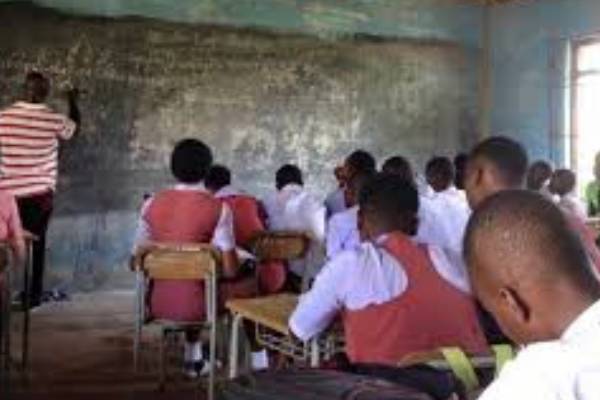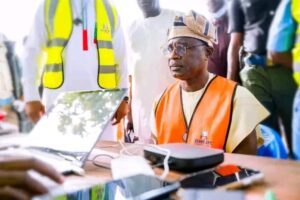The Federal Government has officially reintroduced Nigerian History as a compulsory subject in the basic education curriculum, reaffirming its commitment to promoting national identity, unity, patriotism, and responsible citizenship among young Nigerians.
The Honourable Minister of Education, Dr. Maruf Tunji Alausa, CON, and the Honourable Minister of State for Education, Professor Suwaiba Sai’d Ahmad, expressed gratitude to President Bola Ahmed Tinubu for driving this landmark reform under the Renewed Hope Agenda. They stressed that history is not just a record of the past but a foundation for shaping responsible, patriotic citizens.
Under the new framework, pupils will study Nigerian History from Primary 1 through Junior Secondary School 3, while students in Senior Secondary School (SSS1–3) will take a newly developed subject, Civic and Heritage Studies, which integrates Nigerian History with Civic Education. This innovative approach will help learners understand the nation’s story while building strong values of citizenship, responsibility, and service.
Key highlights of the curriculum include:
Primary 1–6: Focus on Nigeria’s origins, heroes and heroines, cultural heritage, political evolution, economy, religions, geography, colonial administration, and post-independence governance.
Junior Secondary School (JSS1–3): Civic and Heritage Studies will cover topics such as early Nigerian civilisations, pre-colonial states, West African empires, trans-Saharan trade, European contacts, amalgamation, independence movement, and democratic governance, combined with civic values to promote unity.
The Ministers described the reform as a priceless gift to the nation, reconnecting children with their roots and inspiring pride, unity, and commitment to national development. They noted that embedding civic education within the curriculum will equip learners with the knowledge and values needed to respect diversity, strengthen institutions, and contribute meaningfully to society.
The Ministry has released the revised Nigerian History Curriculum for Primary 1–6 and JSS1–3 and will work with stakeholders to provide learning resources, retrain teachers, and strengthen monitoring and evaluation for effective implementation.
This comprehensive reform is designed to rekindle pride in Nigeria’s past, nurture civic responsibility, and prepare young Nigerians with the knowledge and values required for responsible nation-building.
The Federal Government calls on parents, educators, and communities to support this historic initiative as a shared responsibility in raising patriotic, disciplined, and forward-looking citizens.





